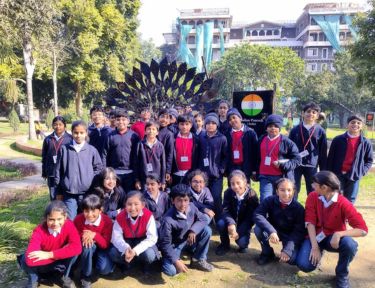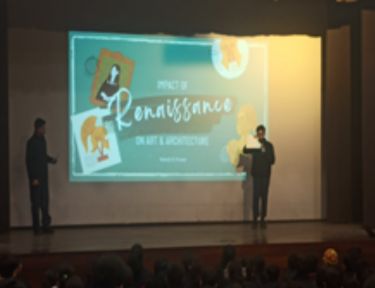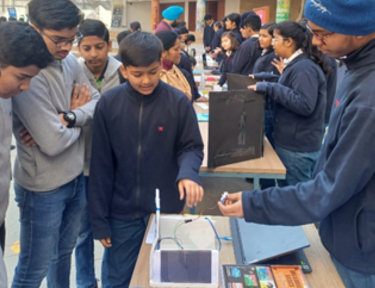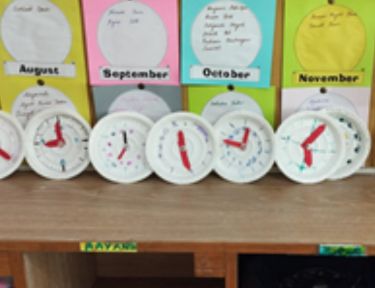

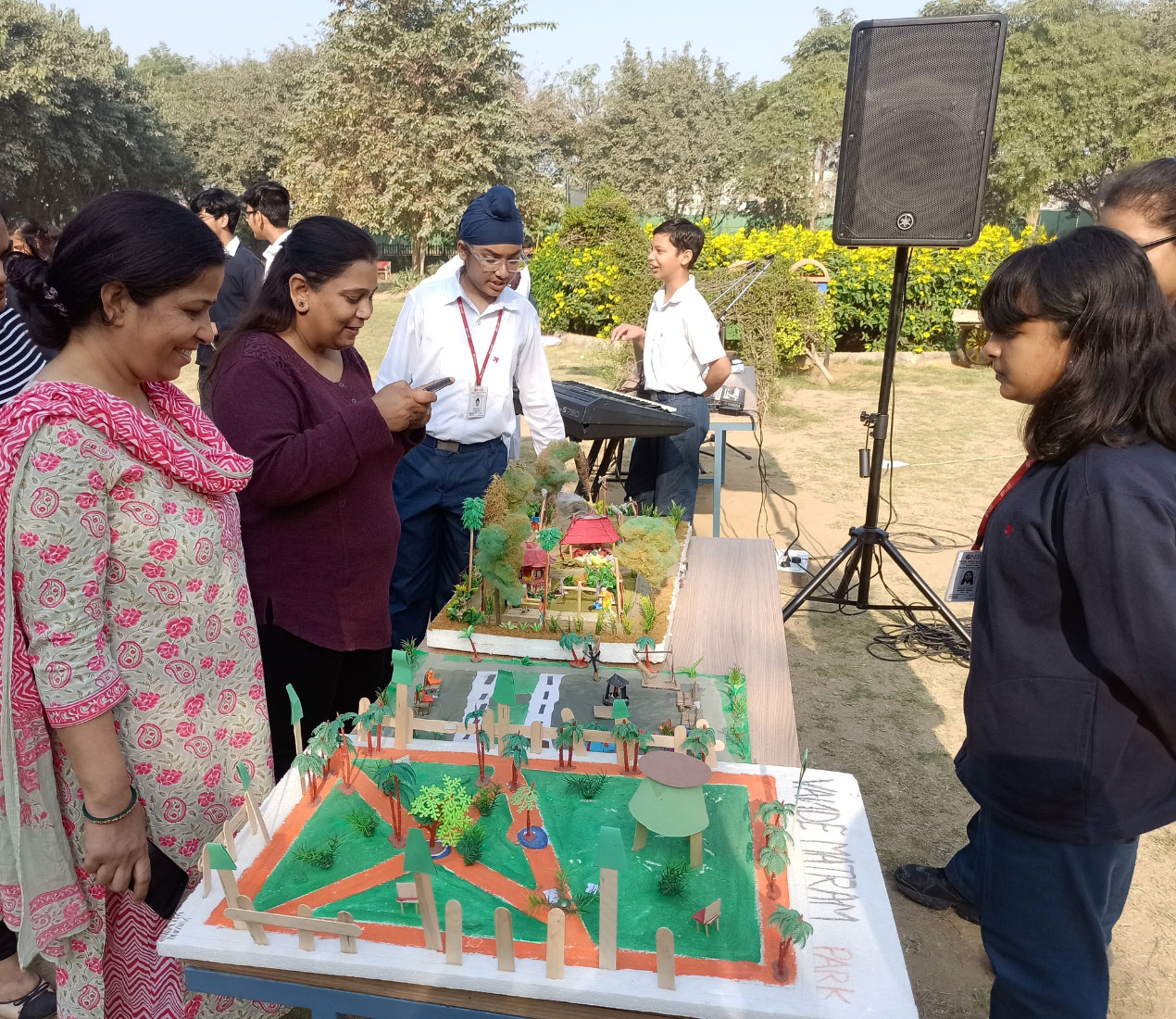
FOOD RESCUE CAMP
About the project
The students of class VIII embarked on an impactful learning journey through the Food Rescue Camp Project, diving into the world of data handling to address the pressing issue of food wastage. Through this project, students were able to recognise the magnitude of the food waste issue and were able to apply data analysis and interpretation skills to real-world scenarios. They were also able to translate data-driven insights into possible solutions.
Driving Question
How can we track and analyse food wastage to minimise it?
Process
As our students participated in a potluck event they observed firsthand the joy of sharing food. However, amidst the festivity, the stark reality of food wastage became evident. This experience served as a catalyst, sparking their curiosity and prompting them to explore the issue of food wastage and ways and means to track and reduce food wastage.
Students decided to collect data on food wastage and looked at various data collection processes for collecting information. They visited local restaurant as part of their investigation and conducted a survey using MS Forms to capture data about the leftover food, the reasons for wastage, the types of food being discarded, and the adoption of donation policies.
In the class, students learned to organise the collected data into frequency distribution tables and different graphs that helped them see patterns. The data analysis phase revealed the causes of food waste and illuminated the consequences of wasteful practices.
During this journey, students also attended guest sessions to enhance their knowledge. The first guest session conducted by the Robin Hood Army shed light on the impacts of food waste, particularly its implications for hunger and the environment. The students were amazed to discover that a staggering number of people go hungry every day due to food waste, and this knowledge fuelled their determination to take action. The second guest session led by Satyabroto Sir elaborated on the economic consequences of food wastage. Students gained insights into how wasteful practices increase production costs and reduce the availability of food, affecting both individuals and the economy as a whole.
Through this mission, they actively collected grains for distribution to those in need, fueling their enthusiasm for generating meaningful change.

Project Culmination
Students presented their learning in the form of an interactive presentations. Within the camp, students established a Data Collection Center. Here, they interacted with their peers, parents, and teachers to gather valuable data on food waste habits and practices. This direct engagement allowed students to apply their knowledge in real-world scenarios and enhanced their understanding of data handling techniques. They also participated in the Eco-Nourish Cafe initiative, and this unique experience provided them with an opportunity to practically implement their understanding of transforming food waste into delicious dishes. Additionally, students designed interactive games and set up a Gaming Center where players learned about the importance of reducing food wastage through fun challenges and decision-making.
Teacher Reflection
The Food Rescue Camp Project has been a remarkable journey of hands-on learning and real-world application. The active engagement of students, from data collection to practical initiatives, showcases the potential of hands-on education in bringing real-world challenges into the classroom and allowing our young minds to approach them from a fresh perspective. Incorporating more guest sessions and community involvement can further enrich future projects, inspiring students to explore, learn, and drive positive change.
During the months of December and January 2023, the food rescue camp will continue its vital mission, salvaging surplus food to aid the needy. Dedicated volunteers will ensure that no edible food goes to waste, providing warmth and nourishment to the less fortunate.








